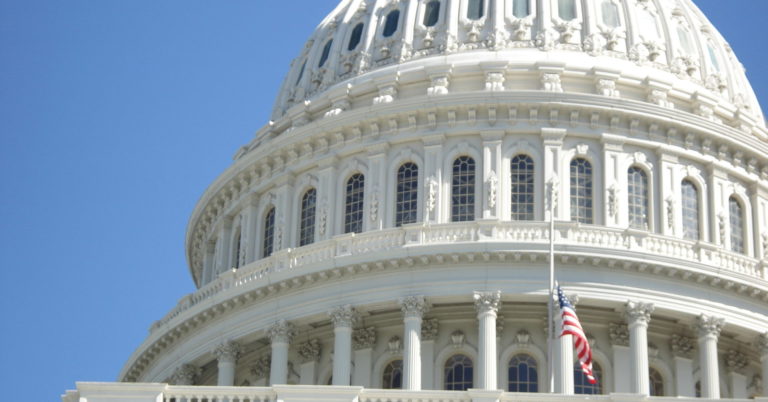
Legislators Should Remove Barriers for Innovators and Entrepreneurs
House Republicans recently unveiled a package of four bills that would ostensibly address environmental concerns. Unfortunately, upon closer inspection, these bills are a rehash of failed policies that pick winners and losers by promoting a culture of corporate welfare that slows innovation and prosperity.
The last decade has proven that human ingenuity and innovation – not government intervention and handouts for select industries – is a better way to reduce carbon emissions.
Market forces and technological innovations spurred on by American entrepreneurs increased the use of natural gas in the power sector, displacing coal and reducing emissions faster than any top-down plan could ever have, and doing so without burdening consumers with higher energy prices.
Currently, the United States is the world leader in total emissions decline, proving that innovations driven by entrepreneurs and a private sector unhindered by government intervention and red tape is the better path forward to reducing our emissions.
Here are the four bills that republicans have introduced and why they are not responsible public policy:
- Enhanced Carbon Oxide Sequestration Tax Credit Act of 2020: This bill permanently extends a tax credit for carbon use and sequestration. This opens the doors for unlimited corporate welfare perpetually into the future.
- Carbon Capture, Utilization, and Storage (CCUS) Innovation Act: While this bill provides some improvements to the permitting process for CCUS projects, it also includes special loan guarantees to private companies like the hundreds of millions of dollars that were doled out and squandered by Solyndra. These programs lead to policy fiascos because loans are allocated with political criteria rather that economics, as it should be.
- The New Energy Frontiers Through Carbon Innovation Act of 2020: Supporting commercially viable technologies is the job of the private sector, not the government. These schemes are an invitation to cronyism where only politically-connected companies reap the benefits, hurting competitors and hampering innovation.
- The Trillion Trees Act: While this bill includes some positive provisions to improve forest management, it also contains expansive corporate welfare provisions for building materials that would distort the market. Furthermore, numerous private foundations fulfill the goal of planting trees, so there is even less justification for the government to spend hard-earned tax dollars planting trees abroad.
Legislators should turn the page on corporate welfare and focus on removing regulatory barriers for innovators and entrepreneurs. The last decade proved that unleashing market forces is the most powerful tool at our disposal to reduce emissions.



